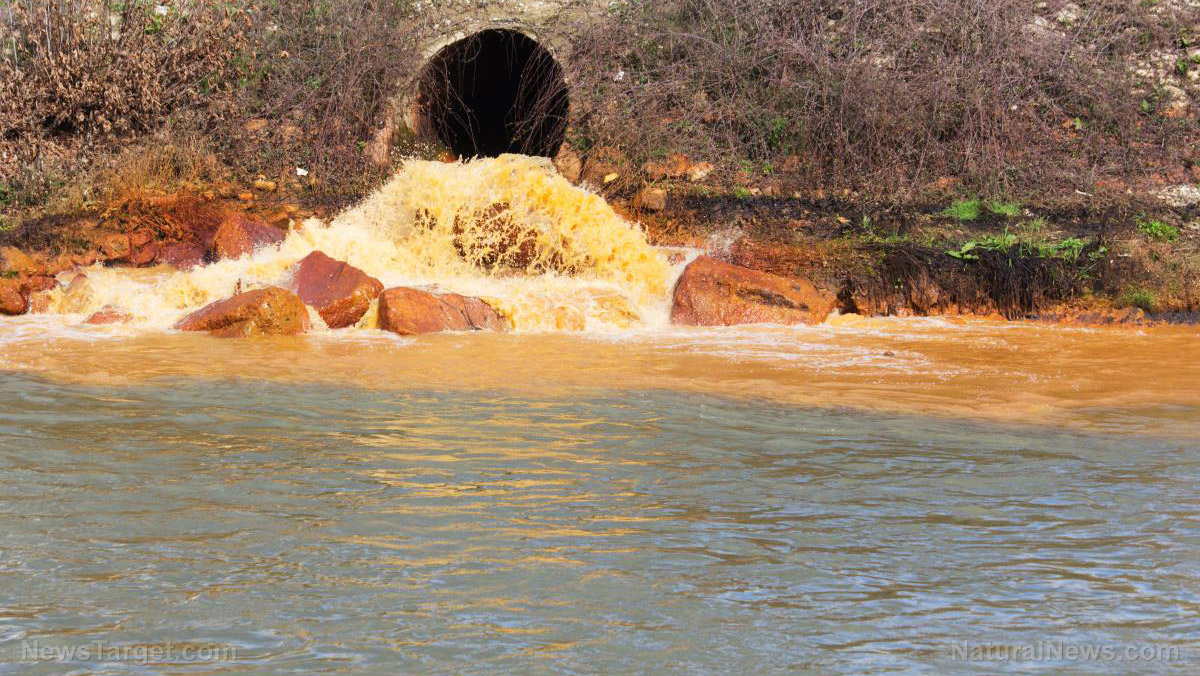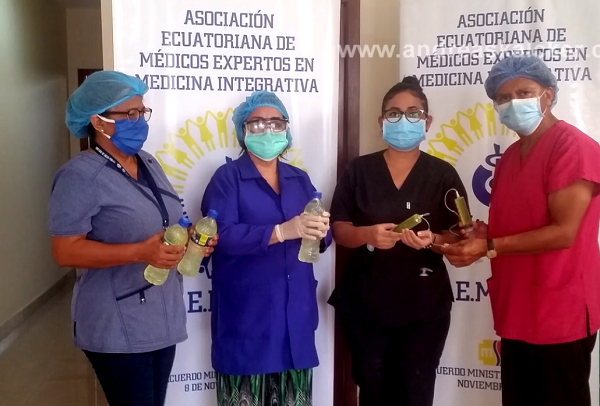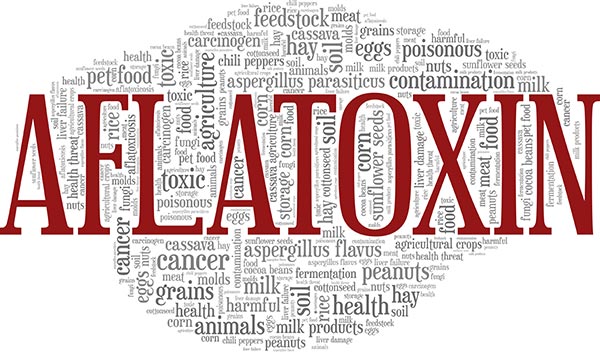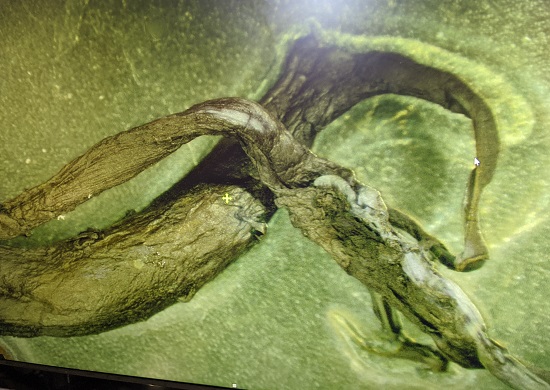Climate crazies now pushing recycled SEWAGE as drinking water
09/13/2022 / By Mary Villareal
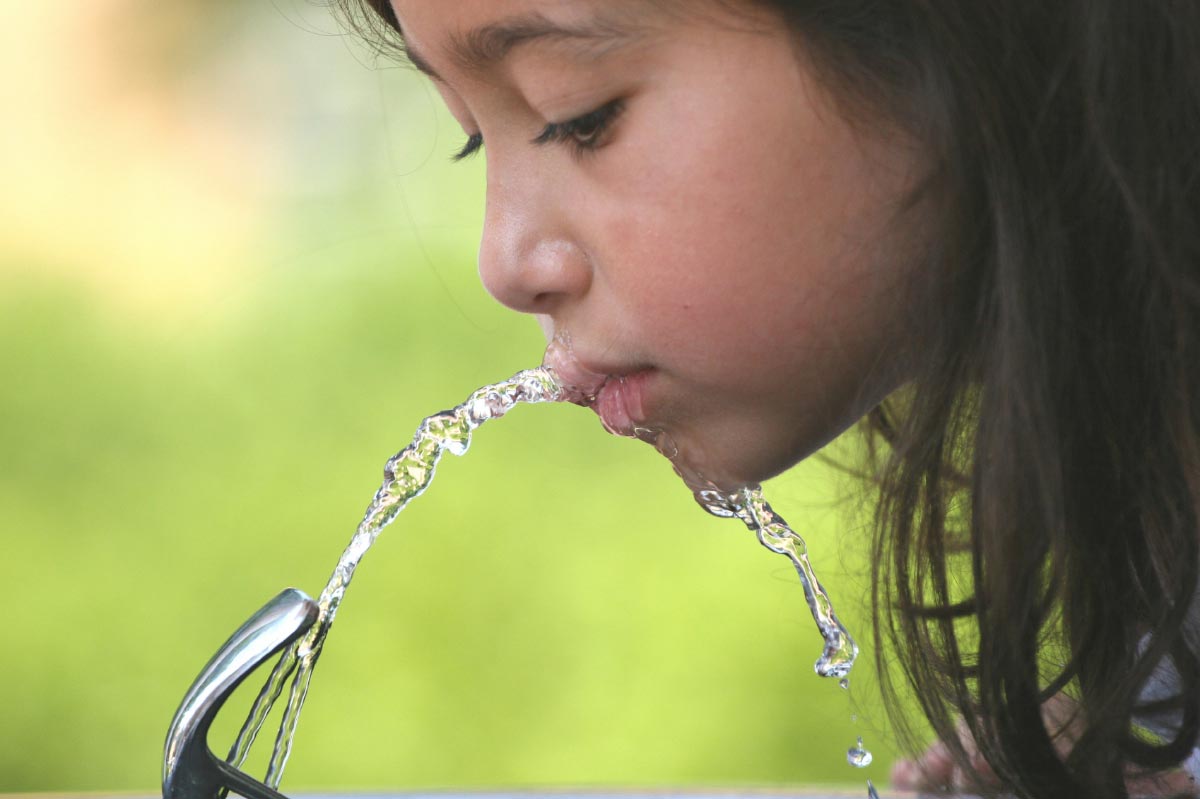
Green tyrants are now pushing people to drink tap water from recycled sewage in the name of fighting climate change.
One such tyrant is James Bevan, chief executive of the United Kingdom’s Environment Agency. He called on people to “change the way they think about water,” to the point of claiming that “drinking recycled sewage is the future.”
To back up his call, Bevan pointed out that many parts of the U.K. are likely to run on short water, especially considering its dry, hot summer. Interestingly, Bevan is connected to Klaus Schwab’s World Economic Forum.
“We will need to be less squeamish about where our drinking water comes from,” he said, adding that people should treat water “as a precious resource” and not as free goods. Part of the solution, Bevan added, will be to reprocess the water that results from sewage treatment and turn it back into drinking water that is perfectly safe and healthy.
However, this “toilet-to-tap” water is not something many people will want to drink. “Green” advocates are nevertheless promoting this “environmentally friendly” initiative amid water shortages and rationing caused by droughts.
In the U.S., California is leading the way to making recycled sewage water a reality. The drought-stricken Golden State has already begun discussions about implementing this kind of technology as droughts continue to plague large areas of the country.
Brad Coffey, water resources manager for the Metropolitan Water District of Southern California, said there’s been a health legacy where sanitary engineering practices and regulators called sewage a waste – something to be avoided and feared. However, with new technology now available, the regulators and the scientific community have much greater confidence in their ability to reuse the water supply (Related: Los Angeles to recycle BIOSLUDGE into tap water; Angelenos will soon be drinking recycled diarrhea and urine from the tap.)
California residents set for “flush-and-drink” water system
Under consideration by city authorities are the “direct potable reuse” of water, which varies from “indirect potable reuse,” where recycled water is placed with environmental barriers such as underground aquifers or reservoirs before they are consumed by humans.
This type of recycling was unthinkable a few decades ago. In the 1990s, when California agencies worked on taking advantage of wastewater to replenish groundwater in San Gabriel Valley and Los Angeles, community groups brought lawsuits against the projects, citing the risk of adverse environmental impact.
However, as drought conditions worsened, opposition to such projects “softened.”
There are now two wastewater recycling initiatives under development in Los Angeles County: one is a $3.4 billion plant at the Joint Water Pollution Control Plant in Carson, California, while the other is a $16 billion plan called “Operation Next,” which plans to purify almost all of the wastewater that is processed by the Hyperion Water Reclamation Plant.
Coffey said it is their goal to turn the largest discharge of treated wastewater in Southern California into an engine for groundwater replenishment.
“That’s in an attempt to interrupt, break the snowpack-dependent water cycle of much of California and much of the West that’s threatened by climate change,” he said.
However, there are still challenges that remain in implementing such ambitious initiatives, most notably with the centralized structure of sewer systems.
Pacific Institute Research Director Heather Cooley said they have built a very highly centralized system.
“We often build recycled wastewater treatment facilities at a low point in the watershed … and all the pipes are sort of oriented toward that,” Cooley said.
However, there are still other challenges in implementing such projects and ensuring that the water being recycled is safe for consumption and that regulations are adjusted accordingly.
There is currently no way to monitor chemicals and pathogens in sewage water in real-time, but water treatment operators use a concept known as log removal to judge the number of impurities in water. For some viruses, state authorities require up to 20 log removals before the water can be considered safe.
More stories about climate extremists and their green propaganda can be found at GreenTyranny.news.
Watch the video below to know more about hackers targeting U.S. drinking water and wastewater facilities.
This video is from the What is happening channel on Brighteon.com.
More related stories:
California to start recycling sewer water into tap water… and yes, it’s full of insane chemicals.
Sewer water to be recycled as drinking water in three Texas cities.
Americans are now drinking biosludge water recycled from raw human sewage.
Sources include:
Submit a correction >>
Tagged Under:
big government, Biosludge, California, clean water, climate, Dangerous, extremism, green tyranny, insanity, James Bevan, Los Angeles, lunatics, propaganda, sewage water, toilet to tap, water recycling, water supply, water system
This article may contain statements that reflect the opinion of the author
RECENT NEWS & ARTICLES
COPYRIGHT © 2017 TOXINS NEWS




